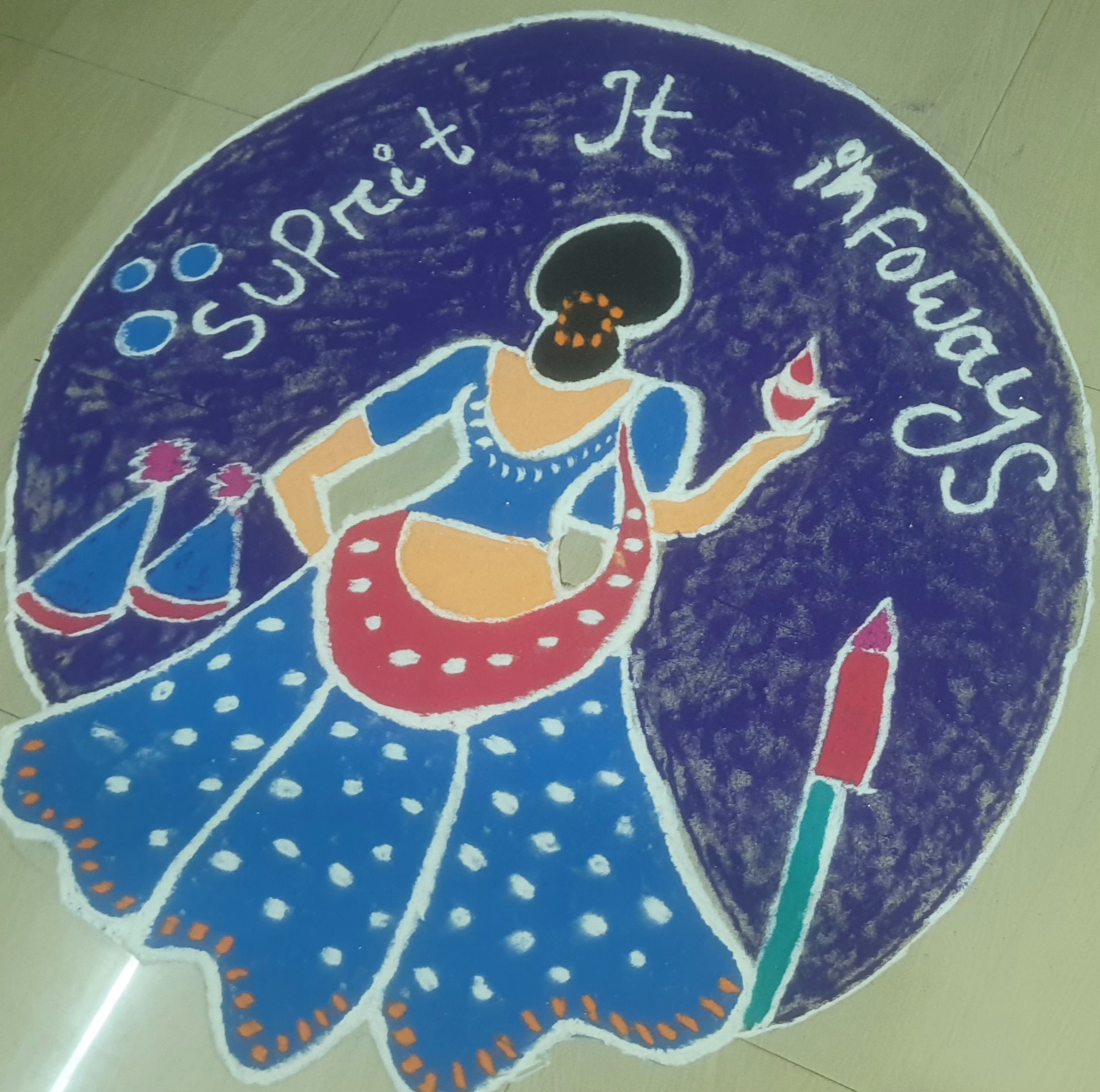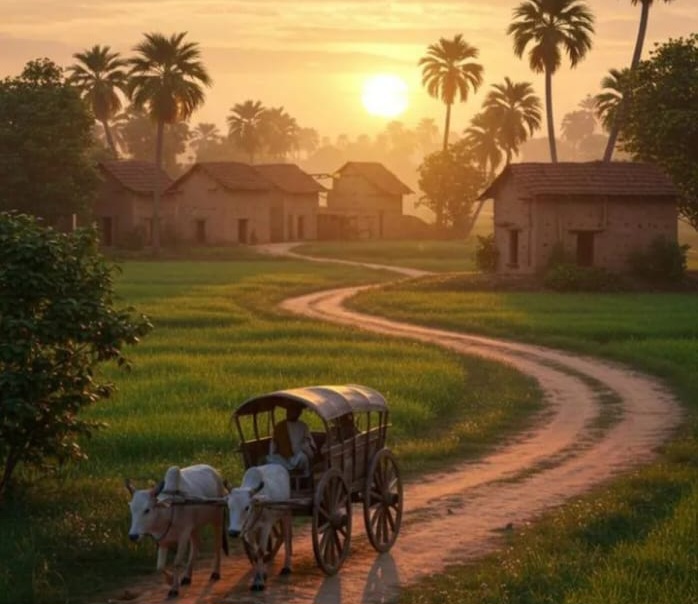Diwali is celebrated for reasons such as the victory of good over evil, the return of Lord Rama to Ayodhya, and the worship of Goddess Lakshmi. It also marks the end of the harvest season, signifies new beginnings, and is a time for family gatherings, gift-giving, and feasting. Additionally, Diwali has significance in other religions, including the return of the Pandavas in Hinduism, Bandi Chhor Diwas in Sikhism, and Mahavir Nirvana in Jainism.
Reasons to celebrate Diwali
The victory of good over evil:
Diwali symbolizes the triumph of light over darkness and good over evil, famously represented by Lord Rama’s return to Ayodhya after defeating the demon king Ravana.
Worship of Goddess Lakshmi: The festival is dedicated to Goddess Lakshmi, the deity of wealth and prosperity. Homes are decorated to welcome her blessings.
New beginnings: For many, Diwali marks the start of a new year, providing an opportunity to reflect on the past and set goals for the future.
Family and togetherness:
Diwali is a time for families to come together, strengthen their bonds, and share the joy of the festival.
Harvest festival: Diwali is also recognized as a harvest festival, celebrating the end of the agricultural season.
Spiritual enlightenment:
The festival is a time for spiritual reflection and is also linked to the enlightenment of Swami Dayanand Saraswati and the Mahavir Nirvana Diwas for Jains.
Killing of Narakasura:
The defeat of the demon Narakasura by Lord Krishna is celebrated as another victory of good over evil.
Return of the Pandavas: In Hindu tradition, Diwali also commemorates the return of the five Pandava brothers to their kingdom after a 12-year exile.
Bandi Chhor Diwas: In Sikhism, the day is celebrated as Bandi Chhor Diwas, honoring a historic event related to the freeing of Guru Hargobind from prison.
Festive decorations and food: The festival is filled with vibrant decorations like rangoli and lights, and delicious traditional sweets and dishes are shared among loved ones.
















Leave a Reply